Organic vs. Mineral Nutrients for Cannabis Cultivation
Cannabis cultivation is both an art and a science, and one of the critical factors influencing a successful harvest is the choice of nutrients. Growers often face the decision between organic and mineral (synthetic) nutrients, each with its set of advantages and considerations. This comprehensive exploration delves into the realm of cannabis cultivation, comparing and contrasting the organic and mineral nutrient approaches, ultimately aiming to guide cultivators toward informed choices for nurturing nature’s medicine.
Understanding Organic Nutrients: A Symphony of Nature
Organic nutrients derive from natural, living sources, emphasizing sustainability and environmental harmony. These nutrients are composed of organic matter, such as decomposed plant and animal materials, and rely on microbial activity in the soil to break down and release essential elements in a form accessible to plants. The use of organic nutrients aligns with principles of ecological balance and sustainability.
Advantages of Organic Nutrients:
Soil Health: Organic nutrients contribute to soil health by fostering the growth of beneficial microorganisms. This microbial activity enhances nutrient availability and promotes a symbiotic relationship between plants and soil life.
Slow Release of Nutrients: Organic nutrients often release nutrients more gradually compared to their mineral counterparts. This gradual release minimizes the risk of nutrient imbalances and helps create a more stable and resilient growing environment.
Enhanced Terpene and Flavor Profiles: Many cannabis enthusiasts favor organic cultivation for its potential to enhance the terpene and flavor profiles of the final product. The natural, diverse composition of organic nutrients can contribute to a more complex and nuanced cannabinoid and terpene profile.
Sustainability: Organic cultivation aligns with sustainable practices, reducing dependence on synthetic inputs and minimizing environmental impact. The reliance on natural processes fosters a holistic approach to cannabis cultivation.
 Considerations for Organic Nutrients:
Considerations for Organic Nutrients:
Microbial Activity: Successful organic cultivation relies on a thriving microbial ecosystem in the soil. Factors such as soil structure, pH, and the presence of organic matter influence microbial activity. Ensuring optimal conditions is crucial for unlocking the full potential of organic nutrients.
Variable Nutrient Content: The nutrient content in organic inputs can vary, making it essential for growers to monitor and adjust their feeding regimens accordingly. This variability requires a deeper understanding of soil biology and nutrient cycling.
Decomposition Time: Organic nutrients may take time to decompose and become available to plants. This slower nutrient release can impact the growth rate, requiring patience and careful planning throughout the cultivation cycle.
Navigating the World of Mineral Nutrients: Precision in a Bottle
Mineral or synthetic nutrients are manufactured chemical compounds designed to provide plants with precise and readily available nutrient concentrations. These nutrients are often water-soluble and can be easily measured and controlled, offering growers a high level of precision in nutrient management.
Advantages of Mineral Nutrients:
Precision and Control: Mineral nutrients provide precise control over nutrient concentrations, allowing growers to tailor feedings to the specific needs of their plants. This precision is particularly valuable for achieving optimal nutrient ratios during different growth stages.
Quick Nutrient Availability: Mineral nutrients are immediately available to plants once applied, offering a rapid response to nutritional deficiencies. This quick availability can be advantageous in addressing acute nutrient issues and promoting vigorous growth.
Consistent Formulation: Synthetic nutrients are formulated with consistency in mind, ensuring that each bottle contains a uniform concentration of essential elements. This predictability simplifies nutrient management for growers.
Hydroponic and Indoor Cultivation: Mineral nutrients are well-suited for hydroponic and indoor cultivation systems, where precise control over nutrient delivery is crucial. These systems often rely on water-soluble nutrient solutions to deliver nutrients directly to plant roots.

Environmental Impact: The production and use of synthetic nutrients may have a higher environmental impact compared to organic alternatives. This includes the energy-intensive processes involved in manufacturing and potential runoff concerns.
Salt Buildup: The use of mineral nutrients can lead to salt buildup in the growing medium over time. This accumulation can affect soil structure and nutrient absorption, necessitating periodic flushing to maintain a healthy root environment.
Microbial Activity: Synthetic nutrients may not support soil microbial activity to the same extent as organic nutrients. Overreliance on synthetic inputs can disrupt the natural balance of the soil ecosystem.
Choosing a Path: Finding Harmony in Cultivation Practices
The choice between organic and mineral nutrients for cannabis cultivation often boils down to individual preferences, cultivation goals, and the specific conditions of the growing environment. Some growers opt for a hybrid approach, combining elements of both organic and mineral nutrient regimens. The key is to strike a balance that aligns with the grower’s philosophy, environmental considerations, and the desired characteristics of the final cannabis product.
Factors Influencing the Choice:
Growing Medium:
Soil: Organic nutrients align naturally with soil-based cultivation, where microbial activity plays a crucial role.
Hydroponics: Mineral nutrients are often preferred in hydroponic systems, providing precise control over nutrient delivery.
Cultivation Goals:
Flavor and Terpene Enhancement: Growers seeking to enhance the flavor and terpene profiles of their cannabis may lean toward organic cultivation.
Precision and Yield: Those prioritizing precision, rapid nutrient availability, and maximum yield may opt for mineral nutrients.
Environmental Considerations:
Sustainability: Growers with a focus on sustainability and reduced environmental impact may lean toward organic cultivation.
Control and Consistency: Those prioritizing precise control and consistent formulations may opt for mineral nutrients.
Experience and Expertise:
Microbial Understanding: Growers with a deep understanding of soil microbial ecosystems may excel in organic cultivation.
Technical Proficiency: Growers with a technical and analytical approach may find success with the precision of mineral nutrient regimens.
Finding Harmony in Hybrid Approaches:
Many experienced cultivators find success in blending aspects of both organic and mineral nutrient approaches. This hybrid strategy allows growers to capitalize on the benefits of each method while mitigating potential drawbacks. For example, a grower might cultivate in organic soil but supplement with water-soluble mineral nutrients during specific growth stages.
Hybrid approaches are particularly popular in the emerging field of living soil cultivation. This method combines the use of organic inputs with a focus on building and maintaining a living soil ecosystem. The goal is to strike a balance where organic matter provides long-term soil fertility, while occasional mineral nutrient supplements address immediate plant needs.

Cannabis cultivation is an intricate dance between the art of understanding nature and the science of harnessing its potential. The choice between organic and mineral nutrients represents a fundamental decision for cultivators, shaping the path of their plants from seed to harvest. Whether one embraces the rich complexities of organic cultivation, the precision of mineral nutrients, or a harmonious blend of both, the ultimate goal is to cultivate cannabis that reflects the vision, values, and expertise of the grower.
As the cannabis industry continues to evolve, growers are likely to witness advancements in nutrient formulations, cultivation techniques, and sustainable practices. The journey of cultivating cannabis becomes not just a means to an end but a dynamic exploration of the intricate relationship between plants, nutrients, and the environment. By staying informed, embracing experimentation, and fostering a deep connection with the cannabis plant, cultivators can navigate the ever-evolving landscape of organic and mineral nutrient cultivation, contributing to the thriving and diverse world of cannabis cultivation practices.












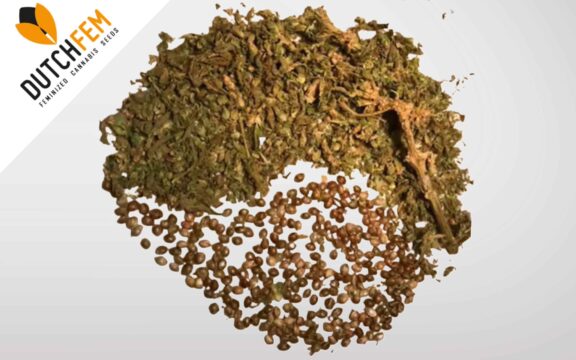








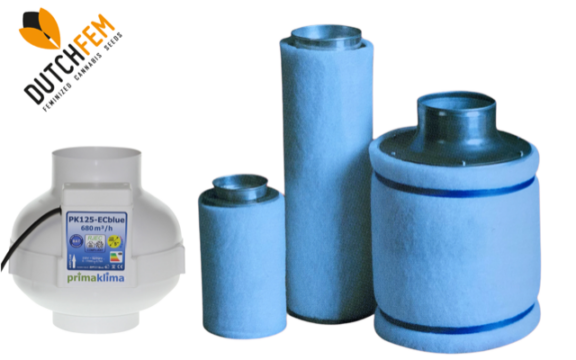





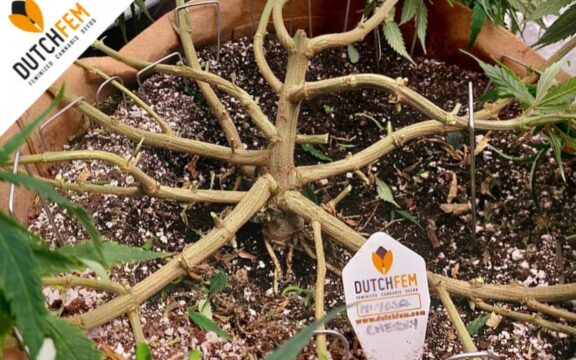




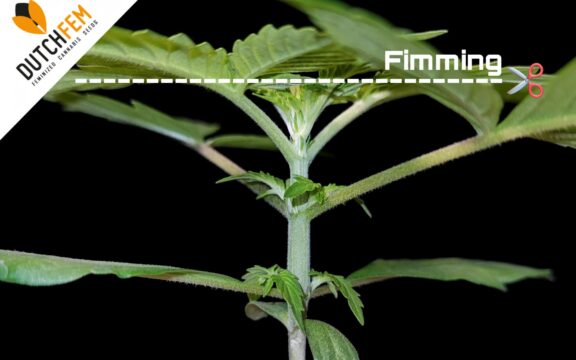


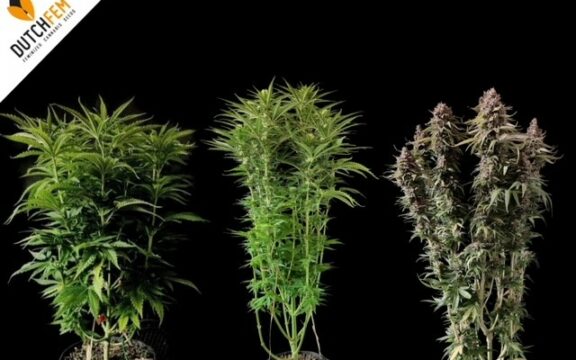




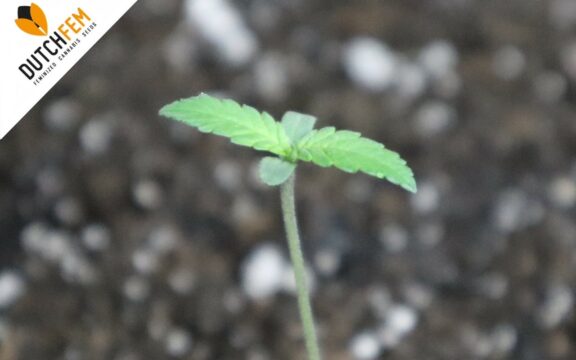

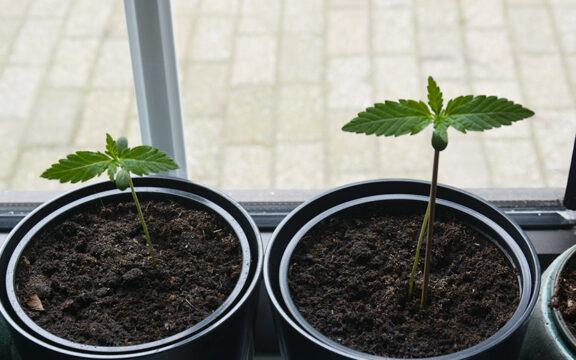






You must be logged in to post a comment.